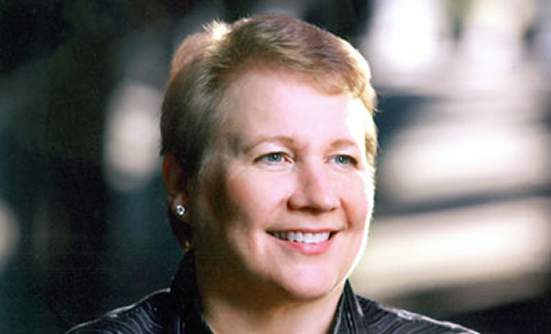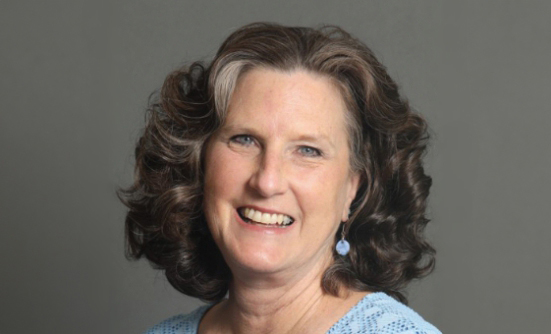Welcome to the first in a series of 4 special issues of CONQUER: the patient voice™ dedicated to the topic of breast cancer. Whether you have been diagnosed recently with breast cancer, are in the midst of active treatment, or are receiving continuous treatment for advanced breast cancer, it is important that you are receiving patient-centered care.
So what is patient-centered care? It means that you are much more than a breast cancer diagnosis. You are a woman who had a life before breast cancer and will continue to have a life during and after treatment. In a tumor board meeting of healthcare professionals, you may be referred to as a “54-year-old woman with a newly diagnosed breast cancer that is clinically stage 2b and triple negative.” However, you are far more than just your age and pathology results. You are a school teacher who loves teaching kindergarten students and have been a teacher for 16 years. You are a divorced, single mother raising a special needs 7-year-old boy with Down syndrome who loves playing with dump trucks. You are concerned about whether your insurance plan will cover all or most of your treatments because you don’t have a lot of savings at the present time and don’t anticipate that changing in the foreseeable future. You are concerned that your ex-husband may give you more grief than usual when he learns you are undergoing cancer treatment. Your mother is already driving you crazy wanting to be in control of your life again as if you are a child needing adults to handle decisions about your treatment options. The only 2 women you have known with breast cancer both died. You love reading and knitting and watching “Dancing with the Stars” on television, wish you could have lived a life that looked more like a Doris Day movie, and need to remain the primary caretaker of your son. You want to continue working during your treatments if that is feasible, and you aren’t sure whom you should or shouldn’t inform at work about your diagnosis. You are worried that having been a smoker in the past for 6 years caused the breast cancer. Your sister is getting married in 3 months; you are her maid of honor and don’t want to miss her wedding or feel ill during that important milestone in your sister’s life. Your son can already sense the tension in your home and has started acting out. You need help wrapping your mind around all of this. You want to be empowered with information that you can really understand about your diagnosis and treatment so that you can actively and confidently participate in decision-making at each phase of your treatment. You want a patient advocate ASAP who can help you as you begin to sort through what may lie ahead of you.
What does this all mean? If the team taking care of you doesn’t know the real you, then they will be unable to provide the patient-centered care you need. This is care delivered to a patient based on really knowing her as a person—what is important to her, what she is most worried about, what she is hoping for, what brings her joy—and engaging her in becoming a member of her own healthcare team. You don’t want things done “to you”; you want to participate in decision-making about your care to the degree you desire and have treatment decisions made based on what is important to you.
Remember, you are more than your diagnosis, more than your pathology. The scenarios I wrote above are just for you to ponder. You are an individual. There are no 2 women like you. Let your treatment team know who you are so you can receive the patient-centered care you deserve. This includes factoring into your treatment plan significant milestones, such as a sister’s wedding, so it is preserved and not forfeited to breast cancer; dovetailing a treatment schedule with a work schedule (such as radiation treatments before the school day begins); getting help with your son, who is already feeling stressed sensing something is wrong; getting resources for your mother so she will stop trying to convert you into a child again; getting financial resources when needed, and coping with this diagnosis and whatever may lie ahead of you.
Oh, and your patient advocate? Your primary advocate will be your navigator. Sit down with her early on and share with her who you are as a person, what worries you currently, what you are hoping for, and how to get some control over a medical situation that is no doubt frightening. She will be able to provide you resources, education, and some peace of mind.
Now turn the page and let’s begin empowering you!















